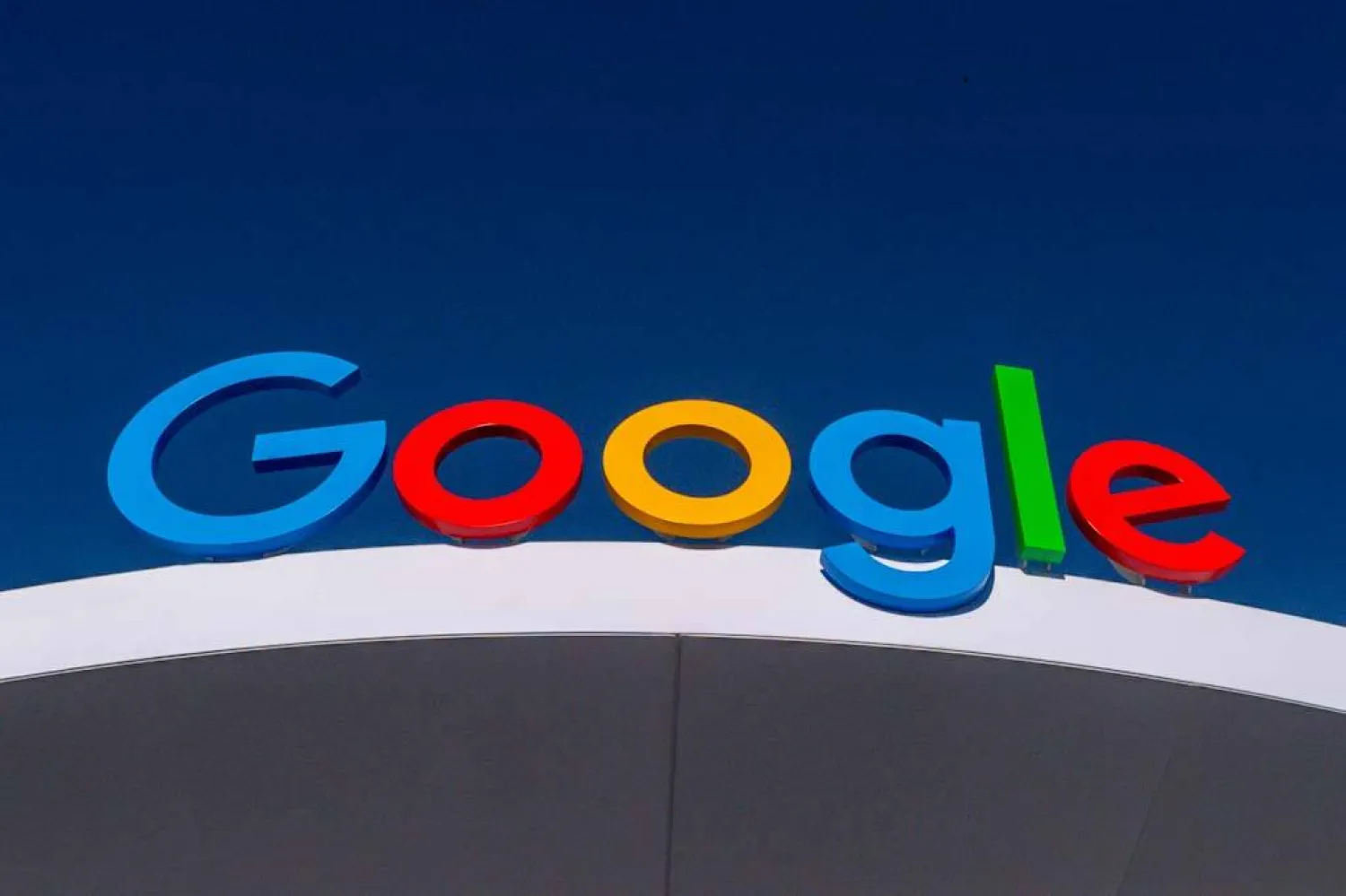Italy's antitrust agency said on Thursday it had launched an investigation into online search giant Google and its parent company Alphabet over alleged unfair commercial practices involving users' personal data.
The request for consent that Google sends to its users to connect its multiple services "could constitute misleading and aggressive commercial practice", the watchdog said.
This "incomplete and misleading," information supplied to users fails to clarify the impact their consent may have on the use their personal data, the antitrust authority, which is in charge of overseeing consumer rights, added.
Google offers a wide range of online tools, including video platform YouTube, email service Gmail, and Maps.
The antitrust body said Google presented its request for users' consent in a way that could limit their freedom of choice, by inducing them to agree to a combined usage of personal data by different Google services.
"We will analyze the details of this case and will work cooperatively with the authority," a Google spokesperson said in a statement.
Under Italian legislation companies found in breach of consumer rights rules face fines ranging from 5,000 euros to 10 million euros.
Italy's Antitrust Takes Aim at Google over Personal Data Usage

FILED - 09 January 2024, US, Las Vegas: The Google logo can be seen on the Internet company's pavilion at the CES technology trade fair. Photo: Andrej Sokolow/dpa

Italy's Antitrust Takes Aim at Google over Personal Data Usage

FILED - 09 January 2024, US, Las Vegas: The Google logo can be seen on the Internet company's pavilion at the CES technology trade fair. Photo: Andrej Sokolow/dpa
لم تشترك بعد
انشئ حساباً خاصاً بك لتحصل على أخبار مخصصة لك ولتتمتع بخاصية حفظ المقالات وتتلقى نشراتنا البريدية المتنوعة







